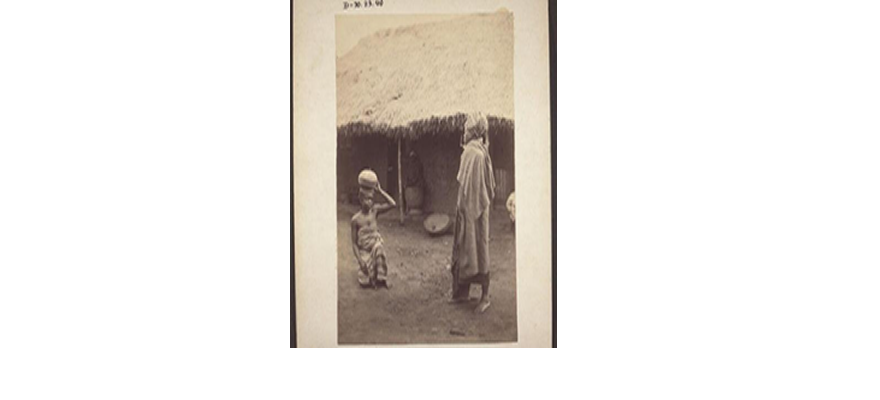Goodwill Hunting: on Greetings and Respect by Solace Chukwu
Respect is an integral part of Nigerian culture. Indeed, in Africa as a whole, we pride ourselves on prioritising it. In Southwestern Nigeria, for example, children are taught from infancy to perform respectful obeisance to their elders by prostrating (for the male child) or kneeling (for the female). While such nuances have become dated in today’s world, especially with the rapid depopulation of the rural areas (it would be quite tricky to prostrate on a busy sidewalk as opposed to a village lane, for example), it still is emphasised in basic upbringing that we are to ‘greet’ those who are older than us to convey respect.
But what is respect? We are familiar with the saying “respect is earned,” but how is it earned? Respect denotes high regard for an individual, having a lofty opinion of another, and admiring that person. If the above definitions are true, then it is safe to say that in order to respect someone, that one must have an admirable character. Given today’s fast-paced society, how much about other people’s lives do we really know? How can we know if someone else’s character is truly above board? The seemingly urbane man who the kids pass on their way to school in the mornings, who smiles agreeably and offers sweets, may well be a child molester beneath that genial exterior. The mother whose kids are always neatly turned out and well-behaved may be a vicious termagant and disrespectful to her husband. We cannot respect someone we do not know. Respect is not an action, but an attitude based on credible antecedents. We cannot really judge the character of another without truly knowing them. If we blithely decide to accord respect to everyone, then respect loses its very meaning and becomes boot-licking. The value of respect is that it should not be given to everyone; nothing of value is available to every individual. If we respect everybody, then it is not respect. If we say we are to accord respect to the elderly, then our perception is that every person who is advanced in years is necessarily of good character. This view is jejune and misguided. Some of the most vengeful, selfish, and entitled people I have met are elderly, and as much as it hurts our sensitive natures to admit it, this experience is not peculiar to me. Besides, how exactly can we give respect? Is it merely by saying “good morning” or “good evening” as we walk by? When you think about it, there is nothing respectful in greetings. When we say “good morning,” for example, we are simply expressing our goodwill towards the one to whom the greeting is addressed. We are wishing that person a good morning; we do not need to think highly of someone before wishing them well. Amazingly, we have gotten it in our heads that this is the definitive expression of respect, and it is not uncommon to find an elderly person call a younger individual to order for not “greeting” and accusing the youth of lacking respect. Even if it was so, and declarations of goodwill are in fact acts of respect, isn’t berating someone for not greeting counter-intuitive? We established earlier that respect is earned: therefore, the one who considers a “good morning” a mark of respect ought to berate himself for not measuring up to the standard of high esteem and honor required to elicit this respect. It is, however, unlikely that anyone would be willing to do this. It is always easier to see the problem as somehow the fault of others. The point is: when we speak of respect, let us be clear as to what we require. Let us lay down the rules that determine who is worthy of respect and how it is accorded. As it stands, the criteria are far too nebulous and open to individual interpretation. Only by doing this can we accord true respect to those who truly deserve it. Image source





